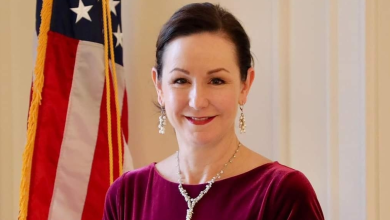President Mnangagwa to Commission Holy Cross Dam

Chirumanzu District, Zimbabwe – In a significant stride towards infrastructural development and the realization of Vision 2030, President Emmerson Mnangagwa is set to commission the Holy Cross Dam on August 2, 2024. The dam, situated in Chirumanzu District, underwent reconstruction after its collapse in 2007, with the completion of the dam’s wall marking a milestone achievement in 2024. This pivotal project aims to provide much-needed irrigation, enhance food security, and supply drinking water to local communities and animals.
Resuscitation of Irrigation Schemes
The primary objective of the Holy Cross Dam project is to revive the irrigation schemes that will benefit communities across five surrounding wards. President Mnangagwa has consistently emphasized the importance of irrigation expansion and mechanization as part of the Second Republic’s focus areas. Zimbabwe, being an agro-based economy, places a high priority on food security as it progresses towards achieving an Upper Middle-Income economy. The dam is expected to play a crucial role in ensuring a reliable water supply for irrigation, thereby boosting agricultural productivity and food security.
Community and Environmental Benefits
Holy Cross Dam has a substantial catchment area of 158 square kilometers. It is poised to serve not only the Holy Cross Mission but also local schools, a hospital, and the business center. Furthermore, the dam will act as a vital repository of drinking water for both domestic and wild animals in the region, addressing a critical need in the community.
Legacy of Infrastructural Development
The commissioning of Holy Cross Dam is a testament to the Second Republic’s commitment to infrastructural development. President Mnangagwa’s focus on enhancing the country’s infrastructure includes the construction and rehabilitation of roads, dams, and buildings. This project aligns with his vision of leaving a lasting legacy encapsulated in the mantra “Nyika Inovakwa neVene Vayo” (A Country is Built by its Owners). By supporting irrigation and water supply, Holy Cross Dam will significantly contribute to the nation’s goal of achieving food security and regaining its status as Africa’s breadbasket.




